Crisis Management
Master the Calm in Every Storm
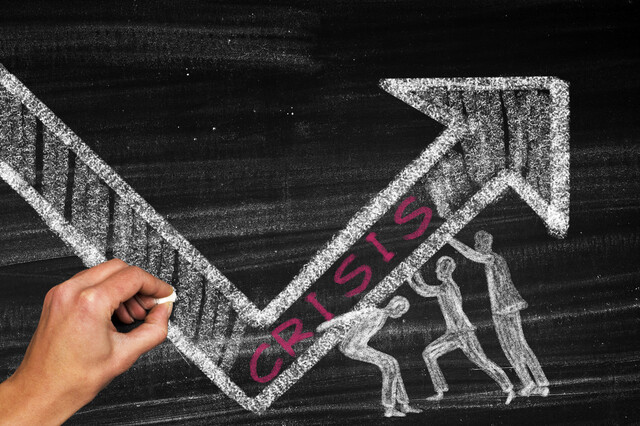
8 Hours average completion time
0.8 CEUs
13 Lessons
14 Exams & Assignments
63 Discussions
13 Videos
14 Reference Files
129 Articles
Mobile Friendly
Last Updated February 2026
Imagine being the person everyone looks to when things go wrong. Imagine having the skills to calmly navigate the unexpected, protect those around you, and make decisions that bring clarity and order when chaos strikes. This is the heart of crisis management, and this course will take you from simply understanding the concept to mastering the art of it.
In today's world, crises arise without warning: a sudden power outage in a hospital, an emergency evacuation at a school, or even a rogue employee creating turmoil in an office. These are the moments that test an organization's resilience, but more importantly, they test the people at its core. And this course is your key to becoming one of those essential people. It's not just about theories or steps to follow; it's about building the confidence to lead under pressure, communicate decisively, and act with purpose in high-stakes moments.
This course goes beyond standard training. Here, you'll learn to anticipate potential crises before they happen, recognizing subtle signs and vulnerabilities that many overlook. You'll gain the insight to design response strategies that protect people, minimize damage, and restore confidence. We'll explore the psychology of crisis response, understanding how to make decisions when time is short and emotions are high. Imagine the value of being prepared for anything and having the knowledge to protect and lead, even in the most challenging scenarios.
What sets this course apart is its immersive, practical approach. From day one, you're not just learning about crisis management-you're stepping into it, thinking and acting like a crisis leader. We'll guide you through real-world simulations, helping you develop plans that you can apply immediately in your work or personal life. You'll build a toolbox of skills, from creating contingency plans and assessing risks to communicating with clarity and authority. These are not just skills for the workplace; they're life skills that empower you in every environment.
With this course, you'll walk away with more than just knowledge. You'll gain the power to make a real difference, whether it's in your community, your workplace, or your own business. By the end, you won't just be prepared for a crisis-you'll be transformed into someone who thrives in it. Take this step to elevate your career, strengthen your leadership, and become a beacon of confidence and control when it's needed most.
- Scenario-based problem solving
- Team coordination and management
- Proactive crisis planning
- Strategic decision-making
- Stakeholder confidence building
- Leadership under pressure
- Adaptability and agility
- Effective crisis communication
- Emotional intelligence in crises
- Resilience building
- Risk assessment and mitigation
-

Developing Great Social Skills
-

Business Ethics
-

Ultimate Secretary Training Bundle
-

Strategic Planning
-

Preventing Workplace Harassment
-

Creative Thinking Skills
-

Resolving Workplace Conflict
-

Workplace Violence: A Guide to Responding and Preventing
-

Conflict Resolution
-

Team Building 101
-

Motivational and Public Speaking
-
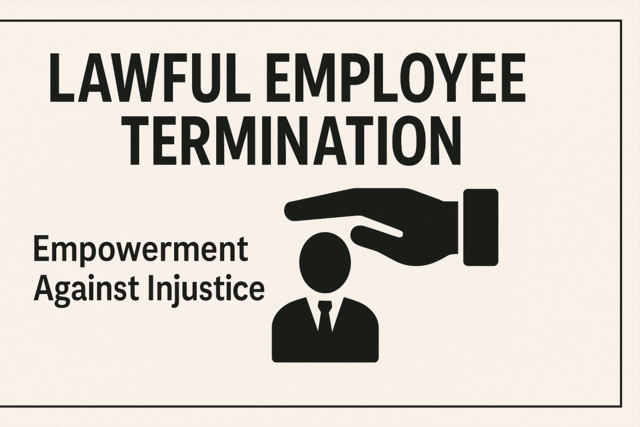
Lawful Employee Termination
-

General Receptionist
-

Business Management
-

Introduction to Ethics
-

Sustainable Development for Business
-
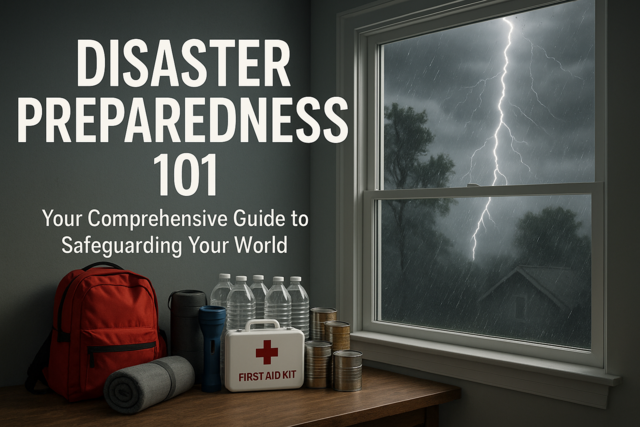
Disaster Preparedness 101
-
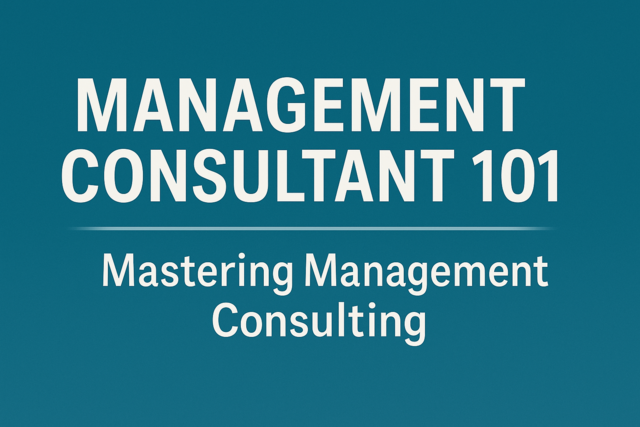
Management Consultant 101
-
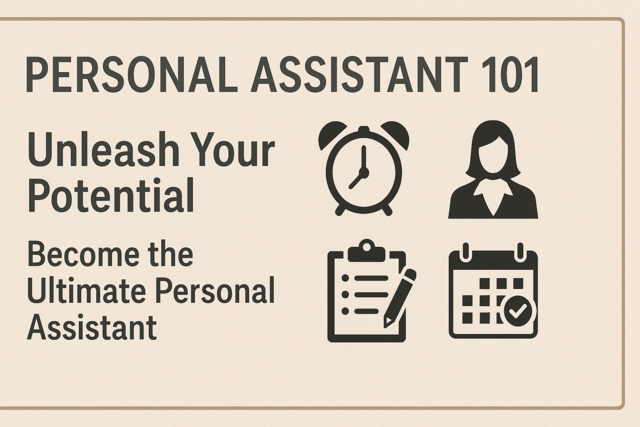
Personal Assistant 101
-

How to Run an Effective Help Desk
-

Emotional Intelligence
-

Business Etiquette
-

Generational Diversity in the Workplace
-

Kaizen 101 - An Introduction
-

The Art of Setting Goals